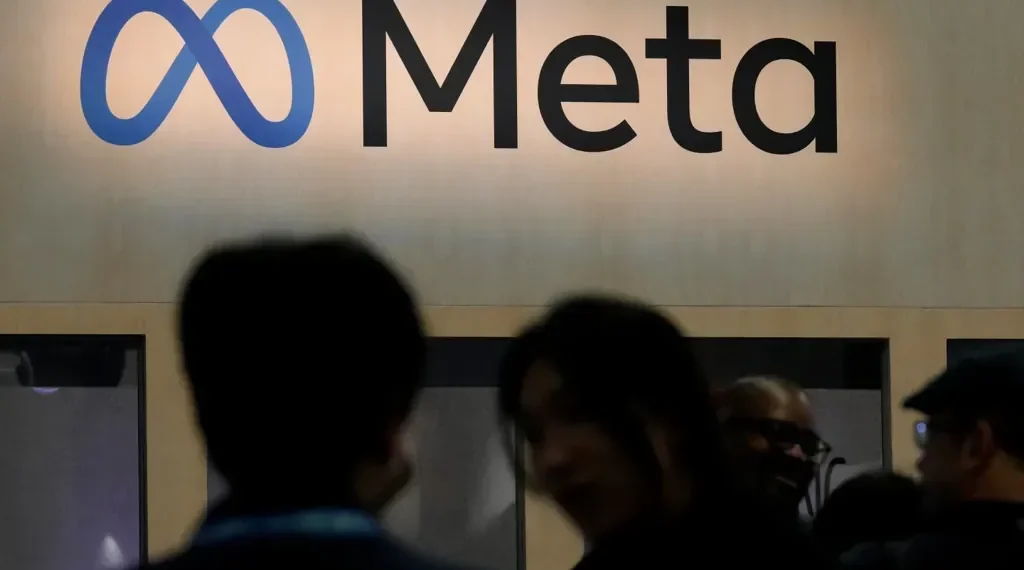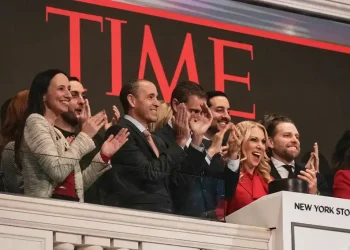Meta Prevails in Landmark FTC Antitrust Case, Instagram and WhatsApp Safe
Meta has won a critical antitrust battle with the U.S. Federal Trade Commission, avoiding a forced breakup of Instagram and WhatsApp. Judge James Boasberg ruled that Meta does not currently hold monopoly power in social networking, highlighting the evolving and competitive nature of the social media market.
Court Ruling Undermines FTC Monopoly Claims
U.S. District Judge James Boasberg issued the ruling after a high-profile trial that concluded in May. The decision contrasts sharply with previous antitrust rulings against Google, which determined illegal monopolies in search and online advertising, signaling a nuanced approach by U.S. courts toward technology giants.
In his ruling, Boasberg wrote that while Meta may have held monopoly power in the past, the FTC had not proven it maintains such power today. “Whether or not Meta enjoyed monopoly power in the past, though, the agency must show that it continues to hold such power now,” he stated, emphasizing that the case required proof of current or imminent legal violations.
FTC Allegations and Zuckerberg Testimony
The FTC argued that Meta maintained dominance by acquiring potential rivals, citing CEO Mark Zuckerberg’s 2008 remark: “It is better to buy than compete.” Investigators suggested these acquisitions, including Instagram in 2012 and WhatsApp in 2014, were aimed at neutralizing threats to Facebook’s growth.
During trial testimony, Zuckerberg addressed the claims, noting that early acquisition emails cited by the FTC did not capture the full context of his interest in these companies. “The case is about whether Meta holds a monopoly now, not historical acquisitions,” Boasberg wrote in his decision.
Meta Emphasizes Competition and Innovation
Meta responded to the ruling by emphasizing the competitive environment of social networking. Jennifer Newstead, the company’s chief legal officer, said the decision acknowledges that Meta “faces fierce competition” while highlighting the company’s contributions to American innovation and economic growth.
The social media landscape has shifted considerably since the FTC filed the lawsuit in 2020. Platforms like TikTok have emerged as dominant rivals, changing the definition of competition in social media. Boasberg referenced Greek philosopher Heraclitus, noting that “no man can ever step into the same river twice,” drawing a parallel to the constantly evolving digital ecosystem.
Industry and Regulatory Perspectives
Analysts viewed the ruling as a significant, though not definitive, victory for Meta. Minda Smiley, an Emarketer analyst, noted that while Meta’s win reflects its efforts to compete with TikTok, broader regulatory scrutiny remains. Future trials may focus on issues such as children’s mental health and AI spending by major social platforms.
“This decision is a boost for Meta as it faces criticism over platform safety and its investment in artificial intelligence,” Smiley added, highlighting ongoing challenges in tech regulation.
Background on Instagram and WhatsApp Acquisitions
Facebook acquired Instagram in 2012 for $1 billion in cash and stock, a significant deal at the time for the then-small photo-sharing app. WhatsApp was purchased in 2014 for $22 billion, helping Facebook expand its mobile presence and appeal to younger demographics.
Both acquisitions were approved at the time by the FTC. Instagram and WhatsApp allowed Facebook to pivot from desktop-centric social networking to mobile platforms, remaining competitive against emerging rivals such as Snapchat and TikTok. The FTC’s lawsuit, filed eight years later, narrowly defined Meta’s market, excluding key competitors in its analysis.
Market Reaction and Investor Sentiment
Shares of Meta, based in Menlo Park, California, showed minimal market movement after the ruling. Trading reflected broader market trends rather than a reaction to the verdict, with shares declining slightly by $1.52 to $600.49. Investors appeared to view the ruling as largely in line with expectations, providing regulatory clarity without significantly altering the company’s strategic outlook.
Conclusion: Implications for Tech Regulation
Meta’s victory underscores the challenges of defining monopolistic behavior in dynamic digital markets. Judge Boasberg’s decision reinforces the principle that antitrust enforcement must consider current market conditions and emerging competitors.
While the ruling secures Instagram and WhatsApp under Meta’s ownership for now, regulatory scrutiny of large technology companies continues. Future cases may focus on evolving issues, including AI investment, platform safety, and competition with emerging social media services.
This article was rewritten by JournosNews.com based on verified reporting from trusted sources. The content has been independently reviewed, fact-checked, and edited for accuracy, neutrality, tone, and global readability in accordance with Google News and AdSense standards.
All opinions, quotes, or statements from contributors, experts, or sourced organizations do not necessarily reflect the views of JournosNews.com. JournosNews.com maintains full editorial independence from any external funders, sponsors, or organizations.
Stay informed with JournosNews.com — your trusted source for verified global reporting and in-depth analysis. Follow us on Google News, BlueSky, and X for real-time updates.














